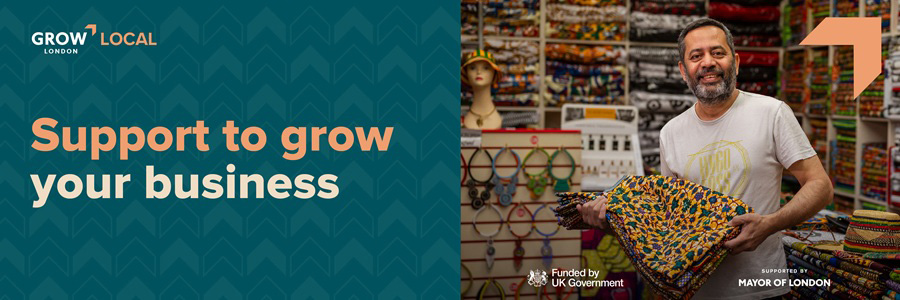Supplying the public sector
)
Posted: Mon 6th Nov 2023
Find out how your business can supply government departments, local authorities, the NHS, police, prisons, universities, colleges, schools and other organisations through public tendering.
Contracts Finder
Discover opportunities to supply the public sector which are advertised on Contracts Finder. Contracts Finder lets you search for information about government contracts worth more than £12,000.
Use Contracts Finder to:
search for contract opportunities in different public sectors
find out about upcoming opportunities to bid for contracts
look up previous tenders and contracts
While you can search and apply for contracts without an account, registering with Contracts Finder allows you to set up email updates and save your searches.
No matter what you're offering, this platform provides you with a helpful source of information on the latest contracts and can help lead you to opportunities for your business to grow.
Find out more about selling goods or services to the public sector
Guidance on working with the government
Learn the process of bidding to supply the government and its agencies with the Selling to Government Guide, published by the UK government. It contains essential information to help your business bid for and win government contracts.
London Tenders Portal
Find everything you need to know about suppling goods and services for 23 London boroughs with the London Tenders Portal. It provides you with information about new opportunities and contracts with local authorities across London.
Register for free to receive email updates on new contracts that match your business' specialities.
Grow London Local: Support for London's small businesses
No matter where you're based in London, you'll find relevant support and guidance on business planning, sales and marketing and much more, as well as opportunities to connect with like-minded business owners. Visit Grow London Local now
Get business support right to your inbox
Subscribe to our newsletter to receive business tips, learn about new funding programmes, join upcoming events, take e-learning courses, and more.
Start your business journey today
Take the first step to successfully starting and growing your business.
Join for free